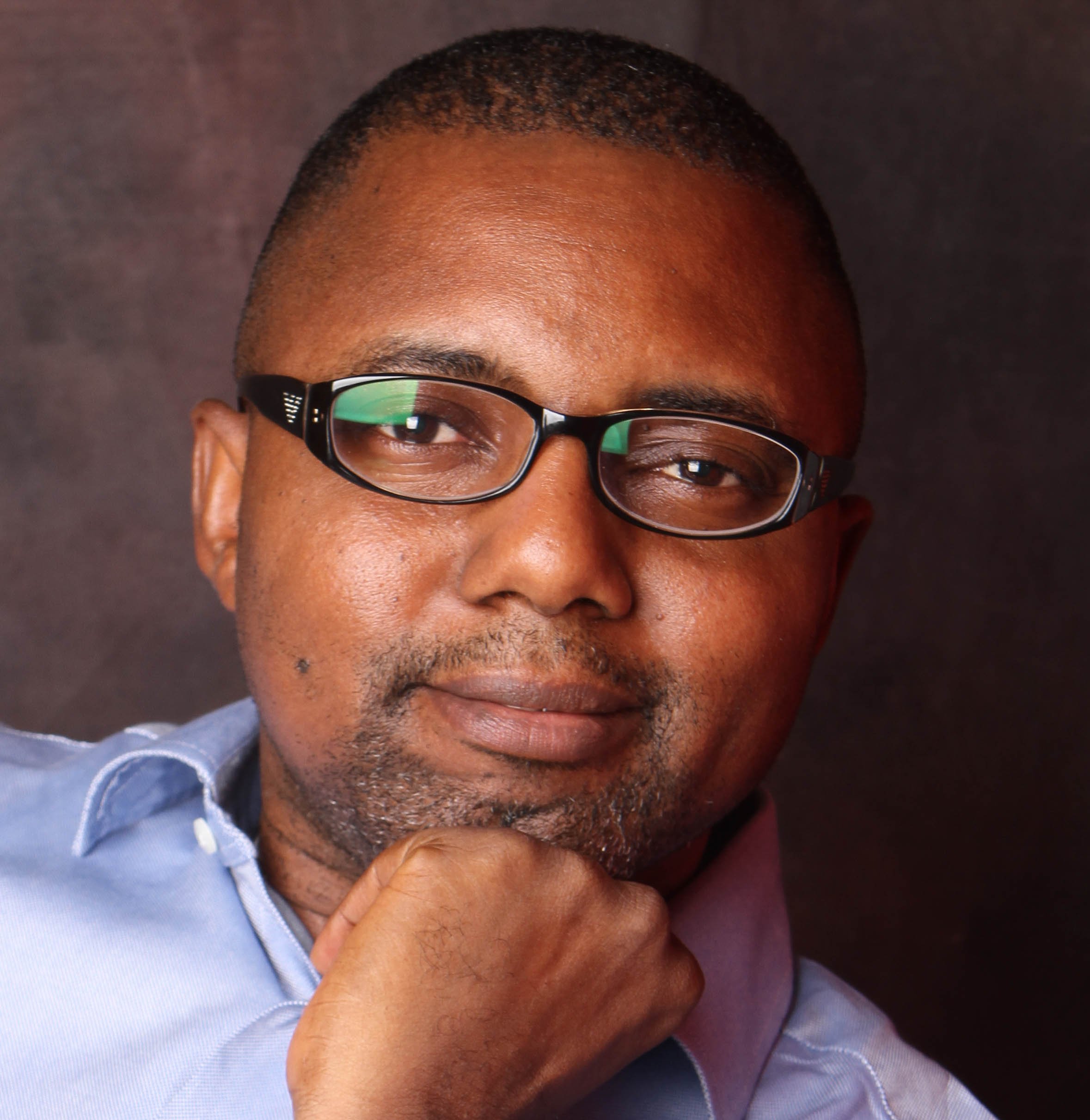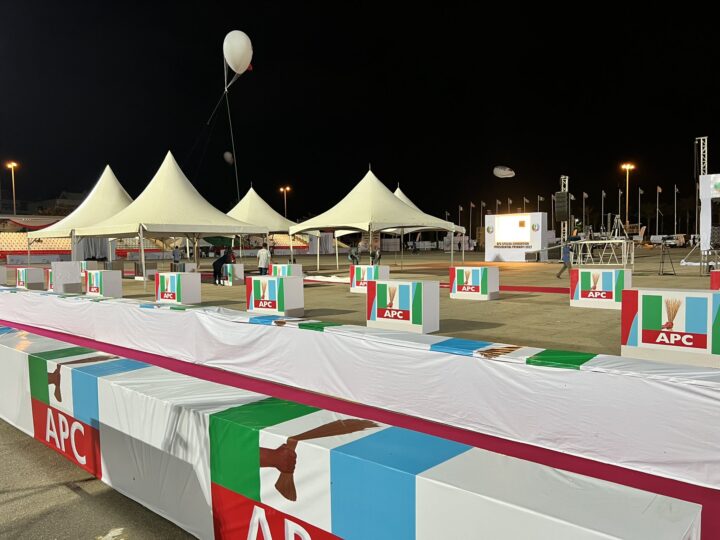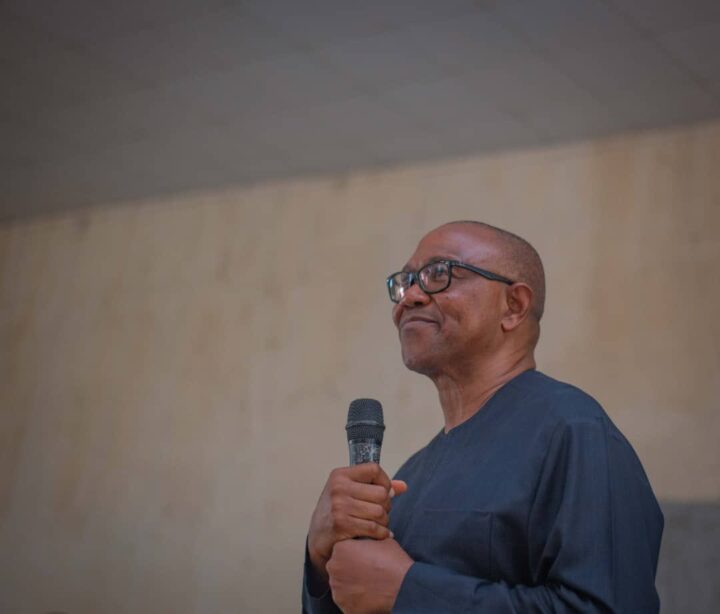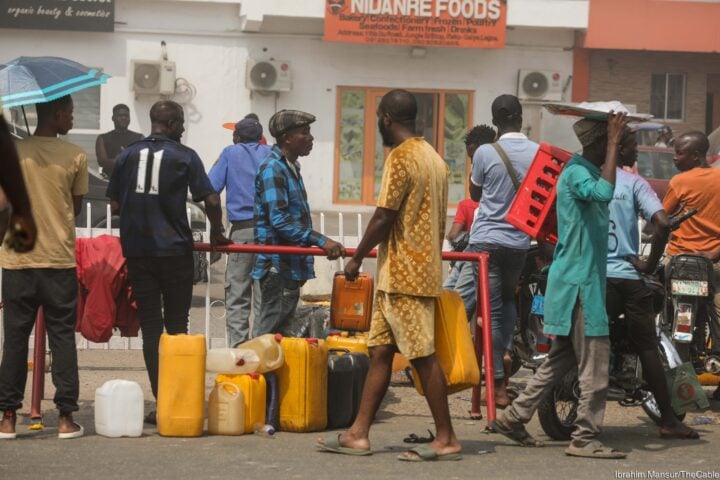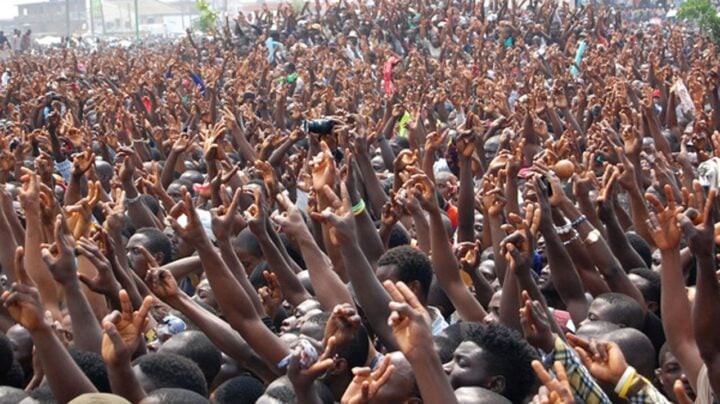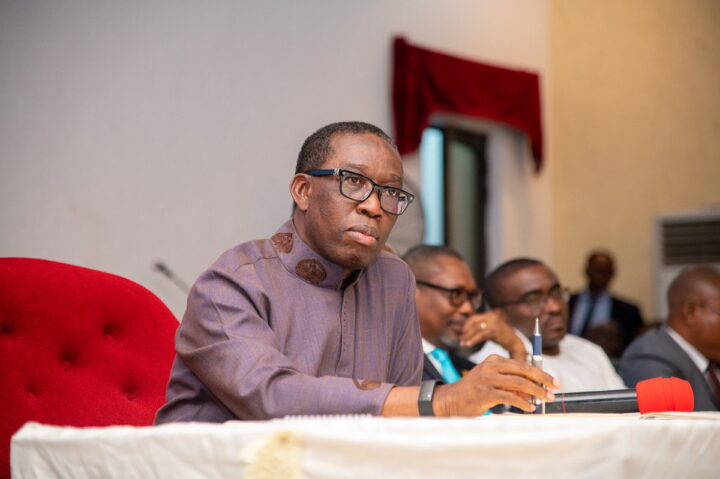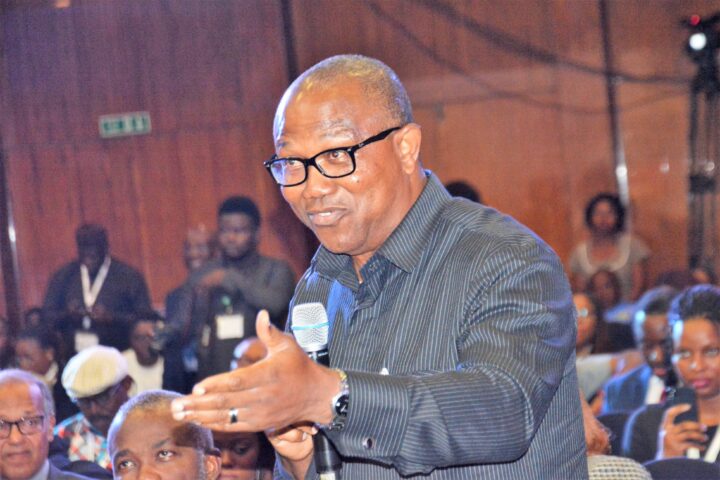After months of intra-party campaigns that drew the attention of the whole country, the list of those to contest Nigeria’s presidential elections in 2023 is now known. Nigerians can now get ready for seven months of intense political campaigns, as the candidates and their parties put together and deploy creative communications and innovative engagements on various platforms. With no incumbent on the ballot, this may well be the most open contest for the presidency in recent memory.
While there are some new contestants this time around, the list is contextually not much different from the past. The major parties, as usual, went for well-known names. The All Progressive Party (APC) will be fielding its national leader, Asiwaju Bola Ahmed Tinubu. The leading opposition party, the Peoples Democratic Party (PDP), will have its flag flown by a former vice president and serial contestant, Alhaji Abubakar Atiku. Both are household names in the country, having played significant roles in national politics since the advent of civilian rule in 1999.
On the long list of fringe parties of varying size and relevance, it’s a mash-up of new faces and perennial contestants. Omoyele Sowore will be representing the African Action Congress (AAC); just as he did in 2019. The Young Peoples Party (YPP) will present Prince Malik Ado Ibrahim. The Peoples Redemption Party (PRP) and Social Democratic Party (SDP) two parties that reincarnated from the Second and Third Republics, will field Mr Kola Abiola and Prince Adewole Adebayo respectively. The Labour Party, one of the relatively bigger fringe parties, will present Mr Peter Obi, a former governor of Anambra state; while Rabiu Kwankwaso, also a former governor, will represent the New Nigeria Peoples Party (NNPP). The latter two seem well positioned, going by the pedigree of their flagbearers, to make an impression at the elections.
However, it is the lessons from the selection of these candidates for the presidency that needs to concentrate the minds of Nigerians for now. Given the quality of potential leaders that this country can produce, it is impossible to argue that the candidates that will contest the elections, come 2023, represent or aggregate the best that the country can be offered. This is not a diss at those who have made it to the ballot, but rather a statement on the limitations that are imposed by the system. Nigerians should now learn critical lessons from the just concluded primaries so that, in future, the quality of candidates (as opposed to aspirants) can get better.
Advertisement
The first lesson is on the need to join and be active in political parties. As is now well known, only political parties can present candidates for elections. The import of this is that the general populace is at the mercy of the decisions made by members of the various political parties. Where membership of the parties represents only a small fraction of the voting populace, as is quite clearly the case, the majority ends up being saddled with the decisions of a minority. Though the APC and PDP often talk of their membership in the tens of millions, there is no independent verification of same. More importantly, the active involvement of their “floor members” in decision-making is almost entirely non-existent. Candidates are mostly chosen at the whim of party leaders, leaving many quality candidates disappointed and disillusioned, and a large swathe of members disenfranchised. Nigerians must come around to the reality that joining a political party and getting fully involved in its decision-making is as important as owning a PVC and voting during the general elections.
A second lesson is the importance of segmentation and focus in campaigning amongst the aspirants in the major parties. While some presidential aspirants ran campaigns that could easily have passed for the general elections, others focused narrowly on their party members and the critical delegates. For example, Peter Obi, while still in the PDP, focused on getting support and acceptance across the general population. He did this through regular appearances in the national media and an extensive operation on social media. Atiku, on the other hand, operated under the radar and focused only on delegates and party members. The same scenario played out in the APC where Yemi Osinbajo was more visible in the various media. His major opponent, Bola Tinubu, chose to busy himself directly hunting for delegates, reaching out to key party influencers and largely ignoring the media. As events will play out, those who focused on the internal public won over those who focused on the general population.
Another lesson is the continuing prevalence of money as a decider of political fortunes. Nowhere was this more pronounced than in the astronomical sums that the APC and the PDP imposed for the procurement of forms by aspirants. While the APC charged a total of N100,000,000, the PDP was only marginally lower at N40,000,000. In fixing these astronomical sums, both parties effectively ring-fenced many quality candidates from participating in the contest. Even worse, the party conventions reportedly turned into bazaars, as huge sums of money were used to induce support by various candidates. The fringe parties, on the other hand, ran like fiefdoms of their leading candidates who are effectively bankrolling their operations. All of these ended up limiting the people’s access to top-quality electoral choices. Going forward, Nigeria needs to urgently enact laws on campaign financing that drastically limit what parties can charge for the purchase of forms, how parties can generate funds for their operations and ensures that delegates are immune from financial inducements.
Advertisement
The importance of patience and playing the long game is another critical lesson from the recent primaries. The two major parties, APC and PDP, produced two candidates who have been long-term players in the politics of the country. PDP’s Atiku has been vice president for two full terms and has contested the presidency (as aspirant or candidate) in every electoral circle since he left office. Again, he will be on the ballot in 2023 and has perhaps his best chance of getting to Aso Rock. For Tinubu, this will be the first time that he will be on the ballot since leaving office as governor of Lagos state in 2007. But he has always remained in the fray, supporting various candidates (Atiku in 2007, Ribadu in 2011, and Buhari in 2015 and 2019) for the top post. He has managed, through the years, to remain relevant and his victory at the APC convention speaks to this.
Along with playing the long game is the value of alliances. In the major parties, the winners won by virtue of the support they were able to corral together from critical stakeholders. Tinubu’s victory was owed largely to the support of the governors from the north and south-west which enabled him to beat the opposition of other party stakeholders. The same was true for Atiku whose victory was driven in large parts by PDP governors who did not like the seemingly overbearing attitude of his major opponent, Rivers state governor, Nyesom Wike.
Overall, the primaries season gave an insight into what is to come in the months ahead. Money, horse-trading, activation of alliances, energising voters, and many more will guide the shape of things to come. The prayer is that, ultimately, the best amongst the candidates will emerge to move Nigeria significantly forward.
Adetayo is a communications executive
Advertisement
Views expressed by contributors are strictly personal and not of TheCable.
